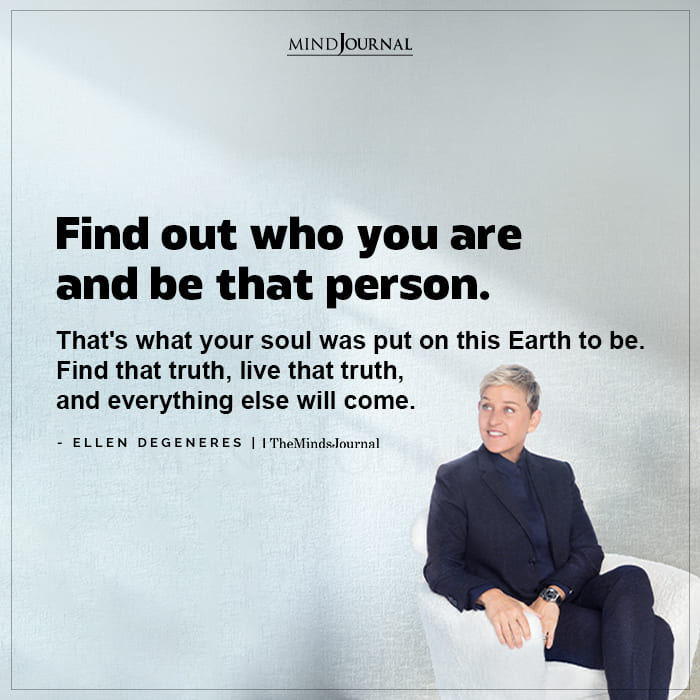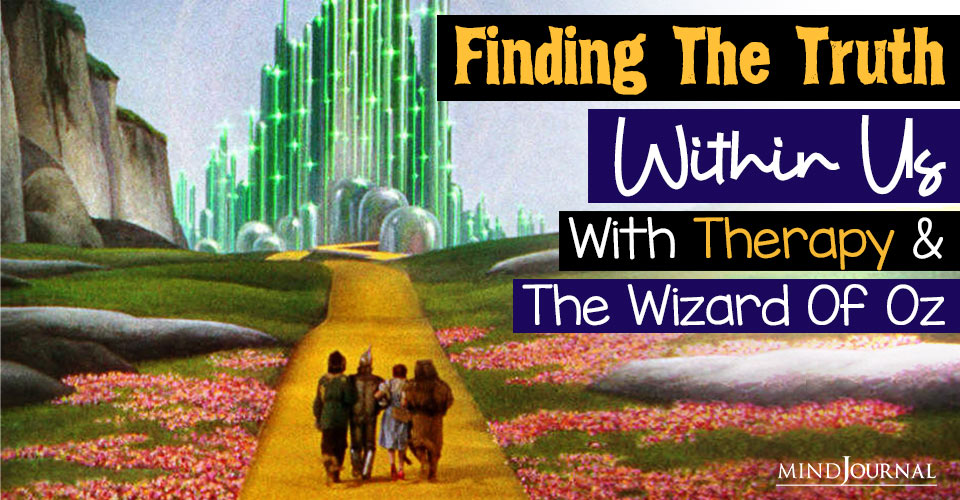At the end of it all, life ultimately boils down to finding the truth within us. No matter who you are and where you come from, finding your truth and owning it is all that matters.
Key Points:
- What we search for our whole lives is already there within us from birth.
- Our journey and struggles, like Dorothy’s, are necessary before we can come home to ourselves.
- We need to learn as Dorothy did not trust in external trappings of authority but to recognize our inner authority.
Most of us watched The Wizard of Oz at some point in our childhood. I remember being scared of the Wicked Witch and her flying monkeys. But it wasn’t until I grew into adulthood that I started to think about some of the deeper elements in the story.
One such element comes near the end when the Good Witch tells Dorothy that she only needs to tap her ruby red slippers together three times and say, “There’s no place like home” to return to her home in Kansas. At this point, she has been through quite a lot in her odyssey and has met a lot of interesting characters.
Related: Own Your Truth: 12 Signs You Aren’t Following Your Inner Truth
How could it be that she only needs to tap her toes to return to a place she has been struggling to get to for so long?
There’s a lot that could be said about the many levels of meaning in this scene, but I want to focus on one simple truth I see played out in the lives of people in my practice, some of whom I have worked with for decades.
Our home, our final destination, is a simple basic truth that we are born with and need to return to. People always get better in ways that surprise me, making choices I could never have thought of for them. And, at the same time, once it is made, it is always a self-evident choice because it is a choice that is aligned with their core self, with whom they were born to become. When they get to this point, they usually say something like, “Of course! I always knew this.”

Secondary Naïveté
There is a concept called “secondary naïveté.” As children, we have primary naïveté—we are sweet, innocent, and unspoiled. We lose that as we are socialized and experience the various challenges of growing up.
Then our job is to return to that place of simplicity and truth, but with the hard-won lessons of struggle and challenges that come with trying to find our way home, much as Dorothy comes to this simple truth after all the drama she goes through in Oz.
She has to learn that the great and powerful external voices before whom we tremble, whether they be bosses, spouses, society, or other people’s Facebook selves, are simply false gods that once exposed are discovered to be ultimately fraudulent projections.
Even though she’s told to “pay no attention to the man behind that curtain,” she realizes that the Great Wizard is a humble man who cannot give her what she’s looking for. This is secondary naïveté.
Truth Within Us
What Dorothy is looking for, what we all are looking for, is already within us. It’s a simple truth, a powerful truth, but most of us can’t really claim it until we’ve gone on our own journey through the land of Oz. We’ve always had this truth within us. It is not to be found “out there” but “in here.”
And after a lifetime of looking out there, it can feel both frightening and liberating to own the truth that we have everything we need inside. If you’re not yet there, not yet ready to tap your ruby slippers three times, that’s fine. Just know that that’s where you’re heading.
Related: 3 Best Places To Find Yourself Without The Need To Travel
A climb up the corporate ladder isn’t going to take you back to Kansas. Neither will the right partner, the new home, or one million subscribers on the YouTube channel you’ve started. They may help teach you to trust yourself more, but at the end of the Yellow Brick Road, you will always only find yourself.
Want to know more about how we can find the truth within us? Check this video out below!
Check out Josh Gressel’s Psychology Today blog for more informative articles.
Written By Josh Gressel Ph.D. Originally Appeared On Psychology Today









Leave a Reply